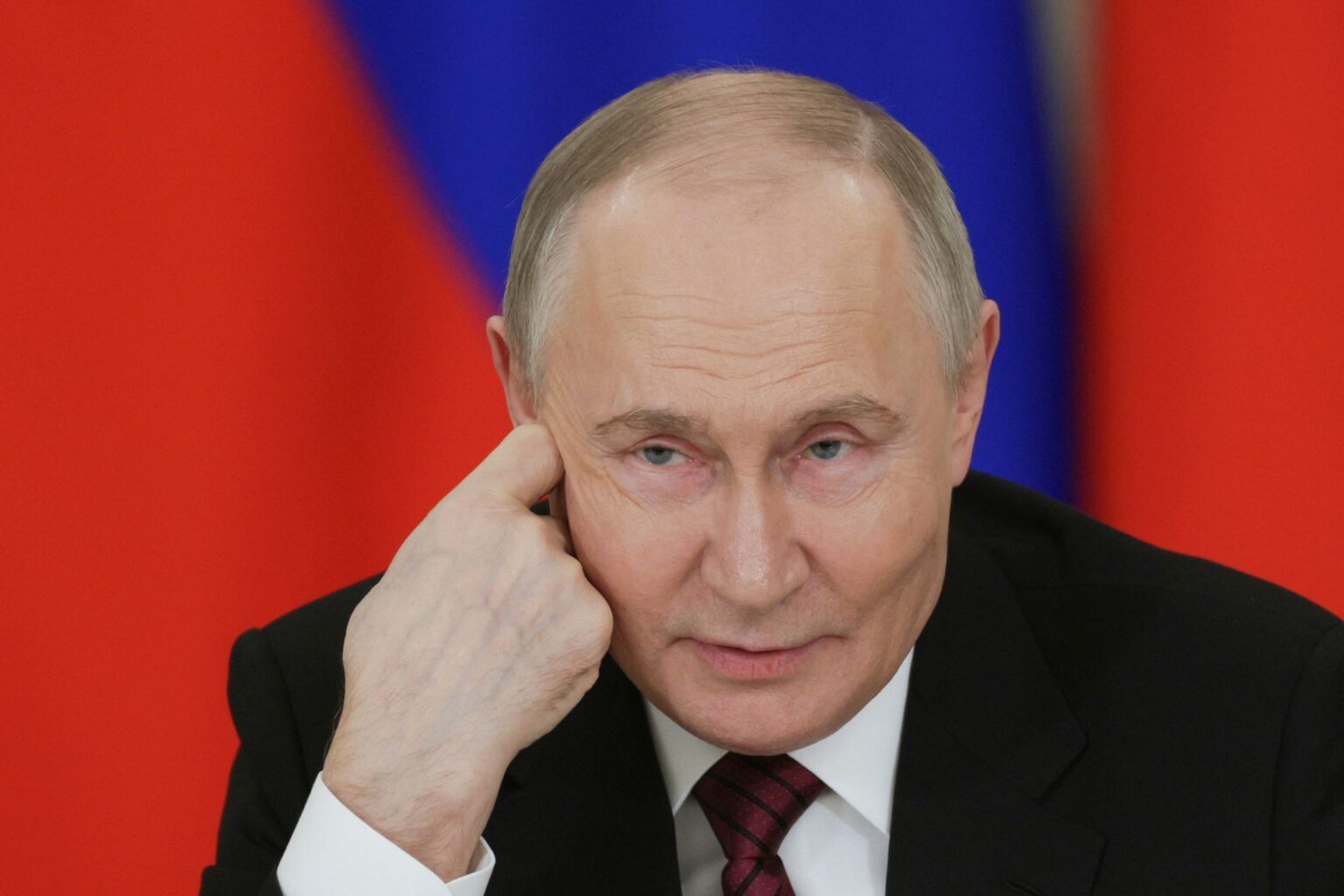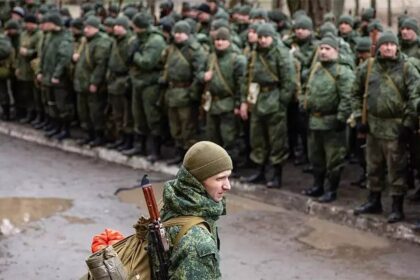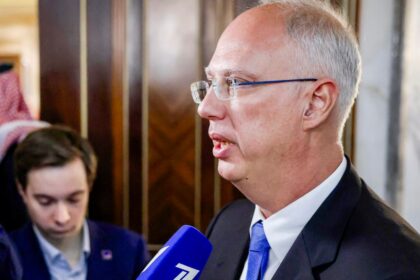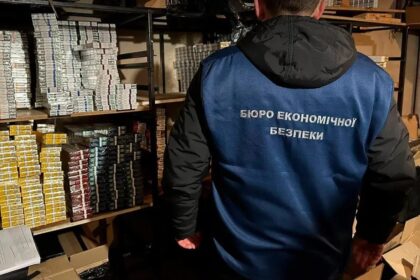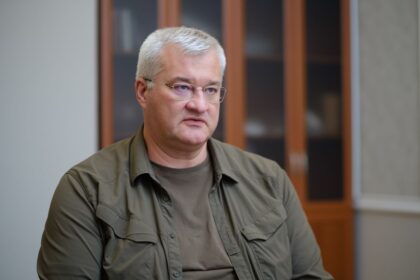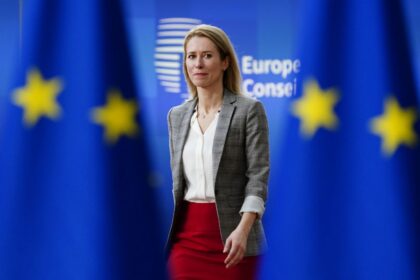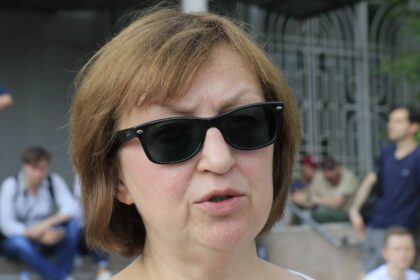**Ukraine’s Zelensky Reverses Course on Talks with Putin**
In a surprise move, Ukrainian President Volodymyr Zelensky has expressed willingness to hold direct talks with Russian President Vladimir Putin. This decision comes despite a decree signed by Zelensky in 2022 that effectively banned negotiations with Putin.
The decree was issued after Russia’s annexation of four Ukrainian oblasts, and Zelensky stated at the time that he would not engage in talks with Putin because “he does not know what dignity and honesty are.” However, it now appears that this stance has been reversed, with Zelensky saying that a dialogue with Russia is possible, but only with a different president.
**The Decree: A Response to Russian Aggression**
When Zelensky signed the decree, he aimed to prevent unauthorized talks with Russia. The document was seen as a response to Moscow’s efforts to pressure Ukrainian politicians and international officials into negotiating on its behalf. Putin had been using various channels to influence Ukraine, including separatists and representatives of other countries.
The decree did not explicitly ban talks with Putin but rather stated the impossibility of negotiations with him. This nuance has been lost in interpretation by some, who have seen it as a de facto ban on direct talks with the Russian president.
**A Shift in Approach**
So what prompted Zelensky to change his stance? The Ukrainian President has emphasized that he seeks to prevent unauthorized talks with Russia and maintain control over Ukraine’s foreign policy. By signing the decree, he aimed to stop such efforts and prevent others from negotiating on behalf of Ukraine without proper authorization.
However, this approach has now been shifted. Instead of a ban, Zelensky sees direct talks with Putin as a possibility. “We are ready for a dialogue with Russia,” he said, but only under certain conditions.
**A Move that Raises Questions**
The decision to engage in talks with Putin raises questions about the implications of Zelensky’s decree and the constitution of Ukraine. According to Oleksandr Merezhko, a Ukrainian lawmaker, the president has the authority to decide on negotiations and their format. Therefore, he does not see the need for a new decree lifting the ban.
Tetiana Shevchuk, a lawyer with the Anti-Corruption Action Center in Kyiv, notes that Ukrainian law does not require such a decree. She points out that Zelensky’s decision to engage in talks with Putin is within his powers as president and does not contradict Ukraine’s constitution.
**Conclusion**
The reversal of Zelensky’s stance on talks with Putin reflects the complexities of Ukraine’s relationship with Russia. The move has been seen by some as a necessary step towards resolving the conflict, while others have questioned its implications for Ukrainian foreign policy and the constitution.
In conclusion, Zelensky’s willingness to engage in direct talks with Putin marks a significant shift in his approach to negotiations with Moscow. While this decision may bring some benefits, it also raises questions about Ukraine’s sovereignty and the future of its relationship with Russia.
Read More @ kyivindependent.com




